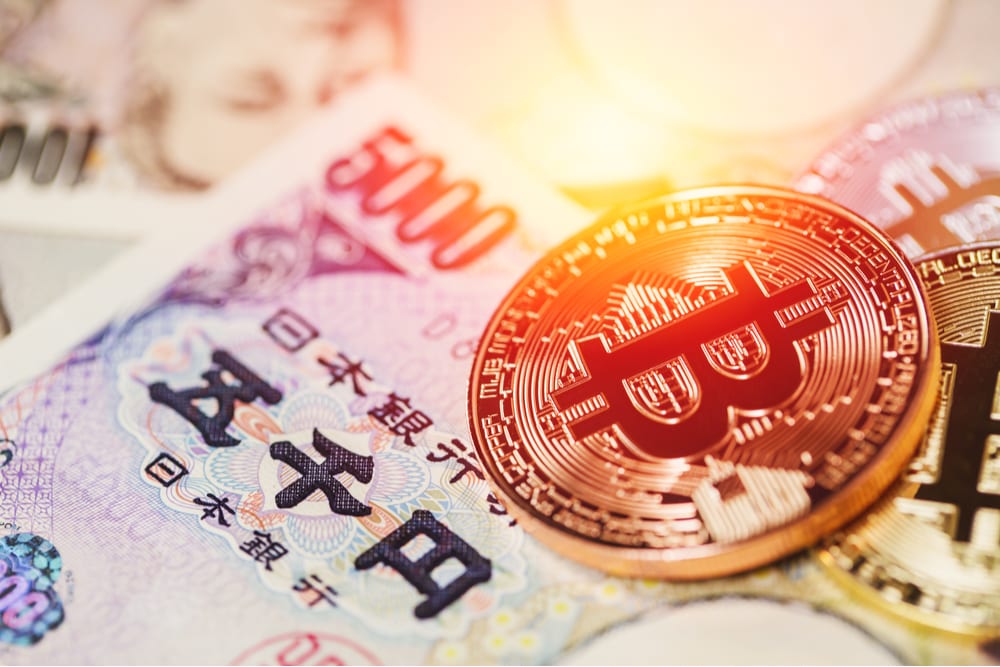Japanese Politician Proposes 20% Tax on Crypto Gains to Boost Web3 Growth
21.10.2024 19:00 2 min. read Kosta Gushterov
Yuichiro Tamaki, leader of Japan’s Democratic Party for the People (DPP), has introduced a proposal to lower the tax on cryptocurrency gains to 20%, should his party come into power.
He urged voters to support the DPP if they favor this approach, making his case on X (formerly Twitter) on October 20.
Tamaki’s DPP holds just seven of the 465 seats in the lower house of Japan’s National Diet, making the realization of this plan uncertain. The proposed 20% tax would align crypto profits with the tax rate applied to stock market gains. Under Tamaki’s plan, exchanging one crypto asset for another would not trigger a taxable event.
Tamaki encouraged his supporters to spread awareness of the party’s promises, while also hinting at potential future tax reductions on other financial income. He emphasized the party’s commitment to establishing Japan as a leader in the Web3 space, with elections scheduled for October 27. The DPP’s broader platform focuses on boosting wages to combat inflation.
On August 30, Japan’s Financial Services Agency announced plans to revise the country’s tax code by 2025, which could include reducing taxes on crypto assets. Currently, crypto earnings in Japan are taxed as miscellaneous income, with rates ranging from 15% to 55%, depending on the individual’s income. In contrast, stock trading profits face a maximum tax of 20%.
While Tamaki’s proposal may resonate with crypto advocates, the DPP faces long odds in the upcoming election. Polls suggest the ruling Liberal Democratic Party and its ally Komeito are likely to maintain their majority, with the DPP projected to increase its seats but remain a minor player.
-
1
Gemini Launches Tokenized MicroStrategy Stock for EU Users
28.06.2025 9:30 2 min. read -
2
Here is When the U.S. House Will Vote on Key Crypto Bills
04.07.2025 12:00 2 min. read -
3
U.S. Crypto Investors Hit by IRS Letter Surge as Tax Crackdown Looms
29.06.2025 11:00 3 min. read -
4
Ripple Drops Cross-Appeal, Moves to End SEC Case “Once and for All”
28.06.2025 12:30 2 min. read -
5
Europe’s Largest Euro-Denominated Spot Crypto Exchange Secures License Under MiCA
29.06.2025 12:00 2 min. read
Senate Confirms Crypto-Linked Nominee Jonathan Gould to Head OCC
The U.S. Senate has confirmed Jonathan Gould as the next head of the Office of the Comptroller of the Currency (OCC), moving his nomination to President Donald Trump for final approval.
Australia Tests CBDCs in 24 Separate Real-World Finance Use Cases
Australia is stepping up its digital currency efforts with the next phase of Project Acacia, a pilot focused on testing central bank digital currency (CBDC) and tokenized finance in real-world applications.
U.S. Treasury Eliminates Crypto Reporting Rule Targeting Decentralized Exchanges
According to Bloomberg the U.S. Treasury Department has officially eliminated a controversial crypto reporting requirement that targeted decentralized exchanges.
U.S. Lawmakers Target El Salvador With Crypto Sanctions Plan
Three Democratic senators—Chris Van Hollen, Tim Kaine, and Alex Padilla—unveiled a bill aiming to penalize El Salvador’s President Nayib Bukele and his allies.
-
1
Gemini Launches Tokenized MicroStrategy Stock for EU Users
28.06.2025 9:30 2 min. read -
2
Here is When the U.S. House Will Vote on Key Crypto Bills
04.07.2025 12:00 2 min. read -
3
U.S. Crypto Investors Hit by IRS Letter Surge as Tax Crackdown Looms
29.06.2025 11:00 3 min. read -
4
Ripple Drops Cross-Appeal, Moves to End SEC Case “Once and for All”
28.06.2025 12:30 2 min. read -
5
Europe’s Largest Euro-Denominated Spot Crypto Exchange Secures License Under MiCA
29.06.2025 12:00 2 min. read


